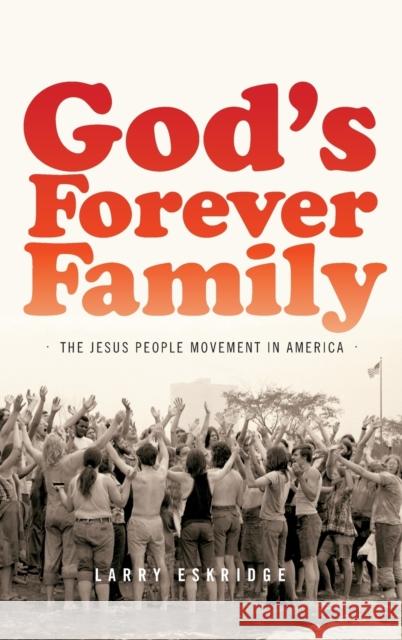God's Forever Family » książka
topmenu
God's Forever Family
ISBN-13: 9780195326451 / Angielski / Twarda / 2013 / 400 str.
Winner of the 2014 Christianity Today Book of the Year
First Place Winner of the Religion Newswriters Association's Non-fiction Religion Book of the Year











